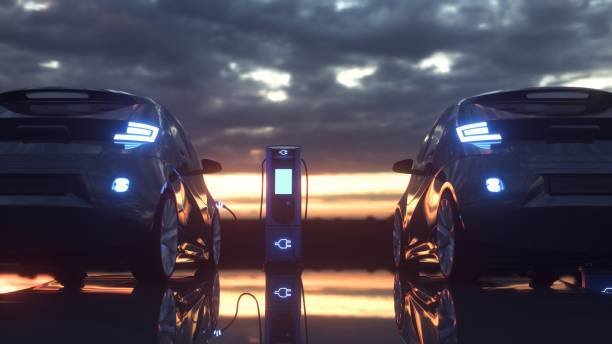The relationship between technology and automobiles has evolved hand in hand since the inception of the automobile. Over the decades, technological advancements have transformed cars from simple machines to complex systems that offer comfort, safety, efficiency, and connectivity. From the early horseless carriages to the era of smart cars, the evolution of automotive technology has revolutionized the way we drive and experience vehicles.
Early Innovations:
The journey of automotive technology began in the late 19th century with the development of internal combustion engines and the creation of the first practical automobiles. Innovations like the electric ignition system, the introduction of the steering wheel, and the implementation of mass production techniques by Henry Ford contributed to the rapid growth and accessibility of automobiles.
Safety and Performance Enhancements:
As cars became more prevalent, advancements in automotive technology focused on enhancing safety and performance. The introduction of features such as seat belts, disc brakes, anti-lock braking systems (ABS), and traction control systems (TCS) improved vehicle handling and reduced the risk of accidents. Additionally, the development of fuel injection systems, turbocharging, and hybrid technology enhanced engine performance and fuel efficiency.
Digital Revolution:
The dawn of the digital age in the late 20th century brought a new wave of technological advancements to the automotive industry. Electronic control units (ECUs) began to replace mechanical systems, enabling more precise control over engine functions and vehicle dynamics. This shift laid the foundation for the development of advanced driver-assistance systems (ADAS) such as adaptive cruise control, lane-keeping assist, and collision avoidance systems.
Connectivity and Infotainment:
With the rise of smartphones and the Internet, cars evolved into connected devices. Modern vehicles now offer seamless integration with mobile devices, enabling hands-free calling, music streaming, and real-time navigation. Infotainment systems with touchscreens and voice commands have become standard, providing access to a wide range of entertainment options, vehicle settings, and advanced navigation features.
The Era of Smart Cars:
The current era of automotive technology is witnessing the emergence of smart cars, propelled by breakthroughs in artificial intelligence (AI), Internet of Things (IoT), and autonomous driving technology. AI-powered systems are enhancing vehicle safety and efficiency by enabling features like adaptive cruise control, lane departure warning, and automatic emergency braking. Furthermore, self-driving vehicles are on the horizon, with companies investing in research and development to make autonomous cars a reality.
Environmental Considerations:
In recent years, the evolution of automotive technology has also been driven by the pressing need to address environmental concerns. The development of electric vehicles (EVs) and hybrid cars represents a shift towards cleaner and greener transportation. EVs are powered by rechargeable batteries, significantly reducing greenhouse gas emissions and dependence on fossil fuels.
The evolution of automotive technology has transformed cars from basic means of transportation to sophisticated and intelligent machines. From early innovations to the era of smart cars, advancements in safety, performance, connectivity, and environmental consciousness have redefined the automotive industry. As technology continues to advance, we can expect further breakthroughs in areas such as autonomous driving, electric mobility, and connectivity, shaping the future of transportation and paving the way for a more efficient, sustainable, and connected driving experience.



No comments yet
Be the first to share your thoughts!